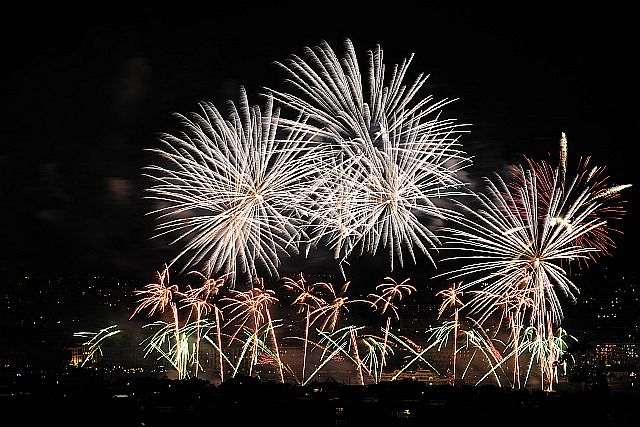 |
| The Castle of Chillon was made famous by Lord Byron in his epic poem (wikipedia) |
In fact, Boris Karloff and
Bela Lugosi might never have had careers, because that’s when the Frankenstein
monster and vampires were born.
 |
| Mary Shelley created Frankenstein (wikipedia) |
Mary Godwin was only 19-years
old when she dreamed up the idea of a scientist who created human life from the
body parts of corpses. It was the result of a challenge by Mary’s future
husband, Percy Bysshe Shelley, George Gordon, Lord Byron and John Polidori to
see who could come up with the best horror story. In the process, Mary brought
Dr. Frankenstein’s monster to life, while Polidori gave us the world of
vampires.
 |
| Villa Diodati -- Home of Frankenstein and vampires (wikipedia) |
It happened at Villa Diodati
on the shores of Lake Geneva. To pass the time the group invented stories which
resulted in the creation of Frankenstein, published in 1818 as “The Modern Prometheus,” and Polidori’s 1819 Gothic
horror story “The Vampyre.”
At first it was believed that Lord Byron was responsible
for the genesis of vampire literature. Byron attested to the fact that
Polidori, who was also the poet’s personal physician, was the author of the now
infamous bloodthirsty creatures.
 |
| The Frankenstein monster (wilipedia) |
Though Villa Diodati is a private residence today
and inaccessible to visitors, it can be seen by boat from the lake.
A site that can be visited however, nestles it the
eastern end of Lake Geneva , and it is here that
Lord Byron attained his literary credentials in the region with his 392-line
narrative poem “The Prisoner of Chillon.”
The Castle
of Chillon
Bonivard was held prisoner at the castle from 1532
to 1536 and the imprints of his footsteps are still visible in the dungeon floor
where he was chained.
 |
| The Castle of Chillon is one of Switzerland's most popular sites thanks to Byron (wikipedia) |
Because Switzerland
has been a democracy since the 13th century, it has never had any
royalty so castles are not as common in the mountainous country as in other
parts of Europe . Even so, Chillon remains one
of the most popular attractions in Switzerland
 |
| Portrait of Lord Byron (wikipedia) |
Travelers to Lake Geneva
who have no interest in castles or monsters can still enjoy the essence of
Swiss culture. With vineyards literally creating a carpet of grapes from the
highest hill to the water’s edge, it is one of the most productive wine regions
in Switzerland
Never heard of Swiss wine? That’s because the
Swiss drink it themselves and very little is exported. Better to export
fictional fiends and savor the wrath of grapes than vice versa.
Teetotalers can still indulge in another
well-known Swiss tradition however, as Nestle celebrates its 170th
anniversary in 2016. The world famous chocolate company came into existence in
1866 in the village
of Vevey
 |
| Fireworks at the close of the Geneva Festival light up the sky (wikipedia) |
In 1879, Nestle merged with the inventor of milk
chocolate, Daniel Peter, and in 1905 it joined forces with the Anglo-Swiss Milk
company in what may have been the sweetest business deal in history.
 |
| In Geneva fireworks are an art form (wikipedia) |
Henri Nestle was the founder of the business, but
the word “nestle” in French also means nest
or finding comfort in a nest and who
could dispute such a claim when they “nestle with a chocolate concoction”
created on the shores of Lake Geneva in Switzerland
For the ultimate grand finale, visit Geneva Geneva
Using the north shore of the lake as a backdrop,
the southern banks are reserved as a viewing area. The fireworks are
synchronized to a musical theme, and once they begin, they, indeed, are linked
to the music with Swiss precision.
 |
| Geneva's skyshow is one of a kind and not to be missed (wikipedia) |
It’s a skyshow that is not to be missed.
Everything else pales in comparison.
Thus, the fireworks began on the southern shores
of Lake Geneva in 1816 and two centuries
later, Frankenstein and his vampire friends are still enjoying the show.








0 comments:
Post a Comment